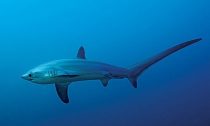
Thresher sharks, devil rays and silky sharks are voted to elevate their protection status to Appendix II of Convention on International Trade in Endangered Species of Wild Fauna and Flora (CITES). These shark species are subjected to demanding shark fin trade that resulted to decline of their populations. By Appendix II, trade of these shark species are legal unless their populations are already unsustainable.
Thresher sharks are known for their big eyes and long whip-like tail, which they use to hunt and stun their prey. Among all pelagic sharks, thresher sharks are at highest risk of extinction and are marked as vulnerable by the IUCN.
“These are incredible animals, with their long whip like tails they’re referred to as the Indiana Jones of the sea,” said Luke Warwick with Pew Charitab...
Read More


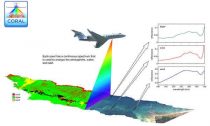
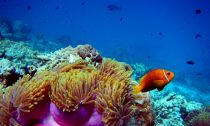
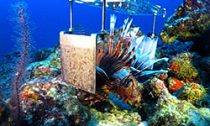
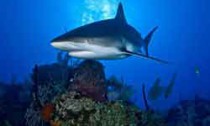
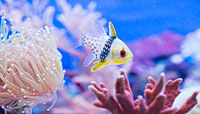
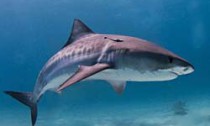
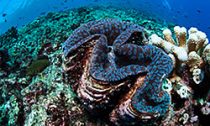


Social Profiles